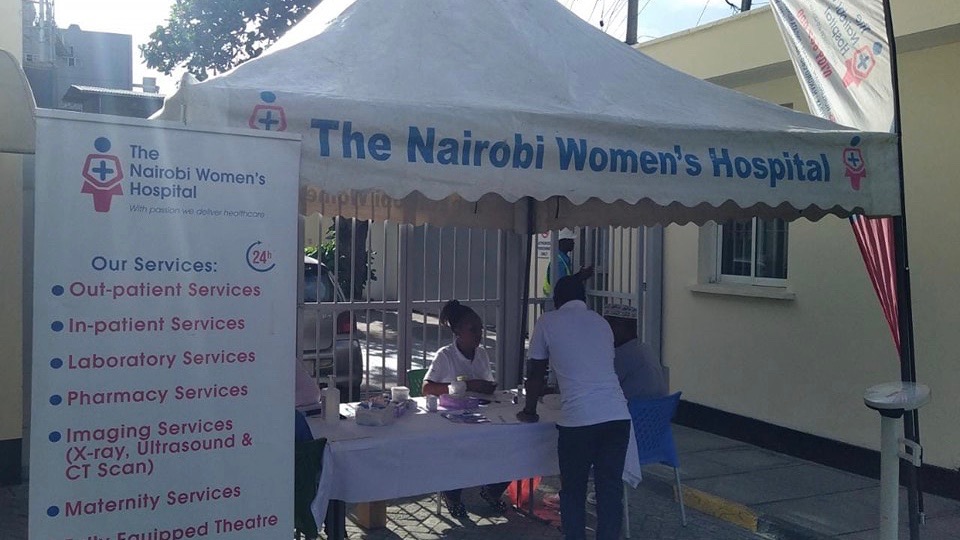Development investment by high-income countries and the World Bank, which nominally aims to strengthen health care provision, is ending up in the pockets of private health companies, as shown in a new report by Oxfam. According to the report titled “Sick Development,” while development finance institutions allocate financial resources for healthcare in the Global South with the mandate to achieve Sustainable Development Goals (SDGs), the money is predominantly benefiting the private sector, without significant progress in improving access to healthcare. These institutions include local establishments like France’s Proparco and the British International Investment, as well as the World Bank’s International Finance Corporation (IFC) and the European Investment Bank (EIB).
Between 2010 and 2022, development finance institutions made a total of 358 direct and indirect investments in various health companies, amounting to over USD 5.5 billion. Out of these investments, 206 totaling USD 3.2 billion were made through multi-sector intermediaries, making it more challenging to determine which companies ultimately benefited from the investments. Adding to the complexity, development finance institutions often channel their investments through other actors, such as the infamous Abraaj Group, which operate through tax havens, further complicating efforts to ensure transparency and accountability in the use of funds.
Investments made by organizations like Proparco focus on achieving Universal Health Coverage (UHC), with a preference for health insurance models over social protection models, despite evidence showing that the latter offer better long-term health benefits. Prioritizing health insurance models further favors the private sector, and it remains questionable how much these models actually improve access to health care. In countries like Kenya, which have a national health insurance model, many people still find the fees too high and are required to pay additional costs out of pocket, often at prohibitively high rates.
Private hospitals resort to imprisonment of patients
The examples described in the report sound only too familiar to activists on the ground. Peninah Khisa, the coordinator of the People’s Health Movement (PHM) East and Southern Africa region, told the People’s Health Dispatch it is very common for people to sell their belongings in order to access the care they need. “In Kenya, anytime you hear about private hospitals, what comes to mind first is out of pocket spending,” said Khisa.
She goes on to explain that some private hospitals in Kenya put significant effort in keeping patients for as long as possible in order to increase their bills, especially in cases where the patient has health insurance. Private hospitals sometimes also implement something that could be described as an internal two-tier model, where higher quality care provided by qualified personnel is provided at higher cost. Even in that case, she says, “the higher costs are much exaggerated compared to the services received.”
Although the co-payments might be low by Global North standards, they can be unaffordable for individuals in the Global South. According to the report, even nominal user fees of USD 1 or USD 2 exclude, impoverish, and kill.
This is particularly true when private health providers employ coercive measures to ensure payment. The report by Oxfam highlights the disturbing practice of the Nairobi Women’s Hospital chain in Kenya, which, until at least the end of 2019, used to detain patients until they paid their bills in full or until their cases garnered media attention. The detained people included school children, refugees, and women who had gone through childbirth.
“Women and girls are the biggest victims of the situation,” says Peninah Khisa. “When women experience an emergency in times of delivery, they find themselves going into nearby health facilities for a safe delivery. After that, they are presented with hospital bills which at times they fail to pay due to financial constraints. This leads to being detained in the hospital until the bill is settled, which is against fundamental rights and the right to health,” she concluded.
The high cost of childbirth
The predominant model of development investment disproportionately affects women and girls outside of Kenya too, with exorbitant costs of childbirth in private hospitals, beneficiaries of investments from high-income countries. For instance, in Nigeria’s Lagoon hospitals, the cost of vaginal childbirth without complications equals nine months’ worth of income for the poorest 50% of the population. Other private hospitals are even more expensive. This is particularly concerning given that currently, 91% of the poorest women in Nigeria give birth without the presence of a skilled midwife or attendant.
The report warns that if we consider all the private hospitals funded by development finance institutions beyond Nigeria, the average cost of a c-section is equivalent to 16 years’ worth of income for the bottom 10% of the population. The exorbitant costs of childbirth, along with the cases of COVID-19 profiteering mentioned in the report, indicate that the current model of development investment is unsustainable from a social justice standpoint. The report concludes, “Far from providing UHC, the legacy of development finance institutions’ investments in for-profit private healthcare is more likely to result in a growing concentration of wealth and power in the hands of a small number of incredibly wealthy men.”
People’s Health Dispatch is a fortnightly bulletin published by the People’s Health Movement and Peoples Dispatch. For more articles and to subscribe to People’s Health Dispatch, click here.





